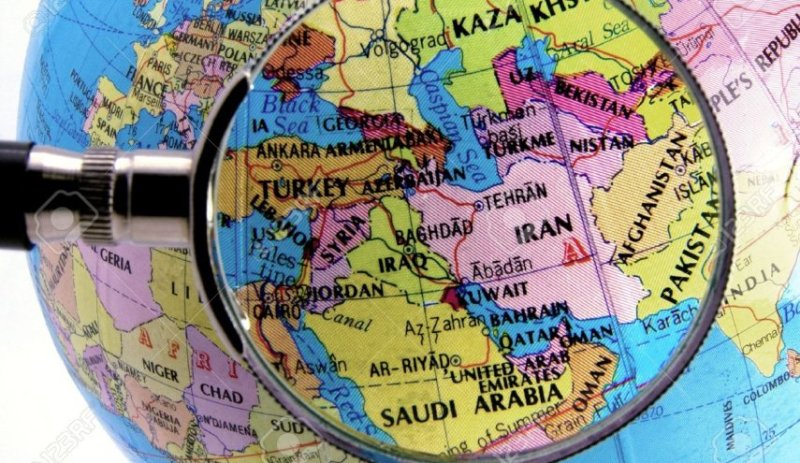Ebrahim Rahimpoor told the Strategic Council on Foreign Relations that all countries consider different conditions for their neighbors compared to non-neighbouring countries in their foreign relations, adding that differentiation in foreign policy is more significant for countries that are independent of regional and trans-regional powers.
Referring to the common boundaries between Iran and its 15 neighbouring states of which 13 are Muslims, four having a Shia majority population, he said such a neighbourliness capacity can be either exploited or under-used.
“It should be noted that in neighbourliness policy, one should not view loss and profit as considered by businessmen. Perhaps such an approach could be followed with regard to non-neighbouring countries. However, such an approach towards neighbours may end in hostility. Powers may also misuse the opportunity and the potential of confrontation would increase.”
Referring to the significance of neighbours in a country’s foreign policy, Rahimpoor said commercially-driven approaches should not be adopted towards neighbours, adding that “sometimes assistance should be delivered only to solidify bonds as they would result in more friendship, security and unity which may neutralize the greed of powers .”
“Therefore there are capacities in the neighbouring states which should be considered in policy and decision making. For example, if Iran can buy a commodity from Pakistan, it should not be supplied from a country which is located far away. Even if we reap less profit in such a trade, it is still a good investment which in the long term would not only bring commercial profit but also it would help strengthen cultural bonds, solidarity, improved security and mutual relations and further cooperation.”
The necessity of deepening ties with neighbours
Former deputy foreign minister said that the establishment of bonds with neighbouring states would be to the benefit of Iran in the long term, adding that “we, throughout the history, have been having dealings and trade with the Central Asian states, the Caucasus region and even the subcontinent. And now these countries are taking historical and friendly ties into consideration in their foreign relations with us even when there are bottlenecks in bilateral relations.”
He said historical links between Iran and its neighbouring countries would help settle any probable problem in our relations.
“Therefore, the neighbourliness policy should be formulated within a long-term framework far from the present day and commercially-driven policy. For example, after the collapse of the former Soviet Union, Turkmenistan had a problem in supplying food and raw material. We delivered several trucks of wheat to them. Until today, they still raise this issue in their meetings with us and remind us of our assistance to them during hard times. Or in our relations with Georgia, we provided gas in the cold of winter to them after the collapse of the former Soviet Union and they appreciate it in their meetings with us.”
Rahimpoor said “unfortunately we did not utilize properly our relations with our neighbours. We could have performed better in the past only to see the outcome in difficult periods. This has been ignored for various reasons by us.”
Asked about creating a department in the Ministry of Foreign Affairs to deal exclusively with the neighbouring states, he said such a decision requires a strong determination.
He said important countries and powers are trying to divert more than fifty per cent of their dealings and trade with their neighbours, adding that trade between Iran and its neighbours has never reached fifty per cent of our total trade and the Ministry of Foreign Affairs does not possess necessary tools to give priority to economic and trade relations with the neighbours.
Rahimpoor said neighbourliness policy should be formulated with a new approach and not only in economic and cultural but insecurity and strategic terms while bonds which could prevent the destructive interference of others should be given more value and attention.
“What is important is the determination and will of the nations to spotlight links with neighbouring states. We should adopt a new approach towards our region and particularly our neighbours so as to block the influence of the United States and Israel and others with which we have problems. Iranian policymakers should pay special attention to this issue as the Ministry of Foreign Affairs would be unable to administer a serious and successful initiative in the region without the full support of other ministries and institutes.”
He said the whole establishment needs to take a serious decision and demonstrate strong determination to prioritize relations with our neighbouring states and support the Ministry of Foreign Affairs in consolidating ties and bonds with the neighbours.










0 Comments